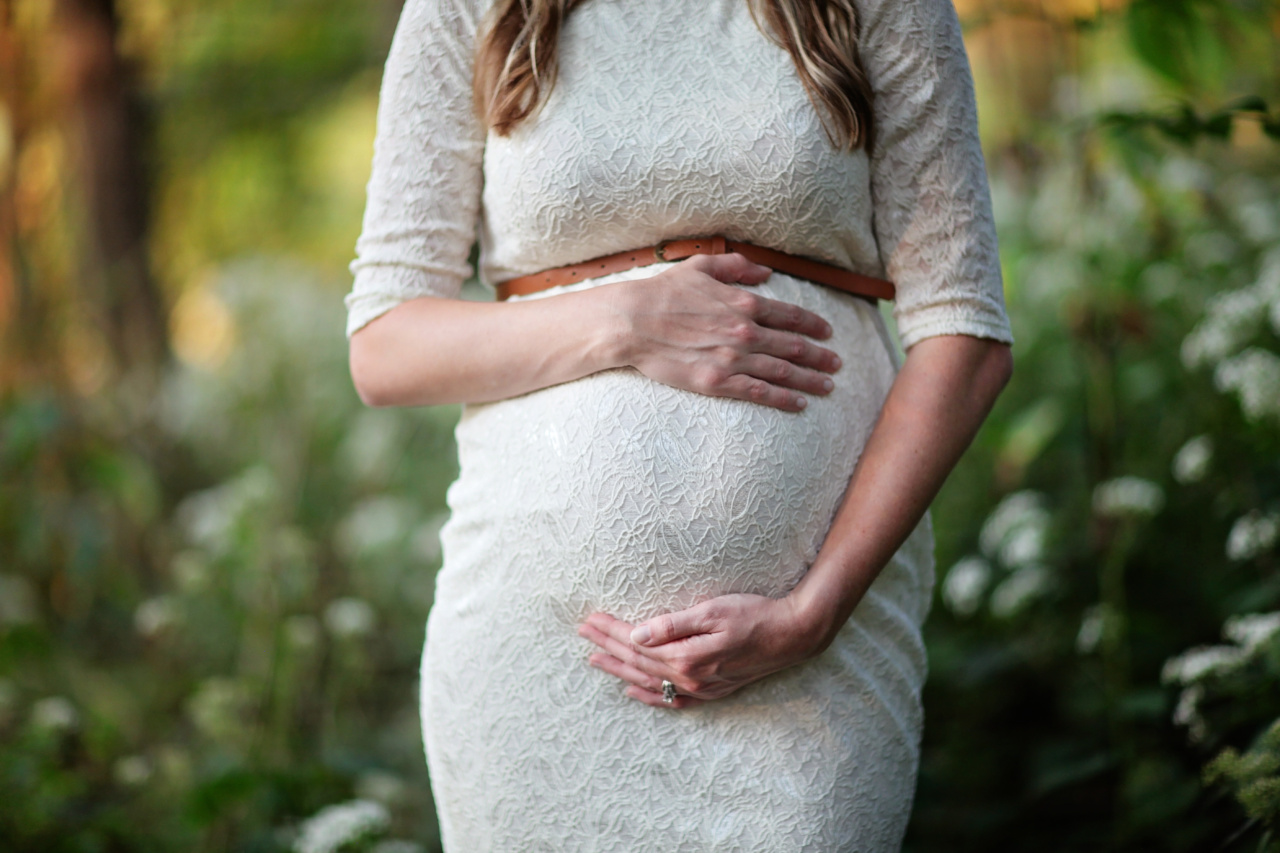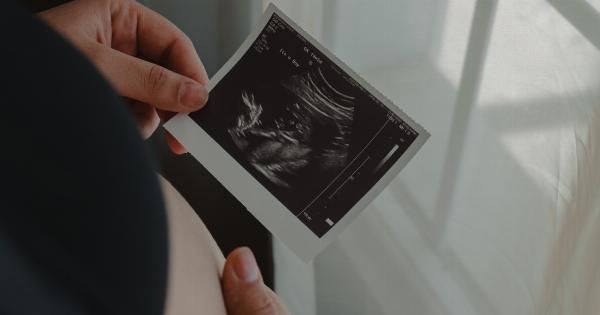Pregnancy is a beautiful and natural process, but it can also carry some dangerous consequences for both mother and child.
In some cases, pregnant women can pass on hazardous legacies that can lead to severe health complications, developmental disorders, or even death. Here are some common hazards that pregnant women should be aware of:.
1. Smoking
Smoking is one of the most significant hazards for both pregnant women and their unborn children.
Exposure to cigarette smoke can increase the risk of preterm birth, stillbirth, low birth weight, sudden infant death syndrome (SIDS), and respiratory problems. Smoking can also affect the mother’s health by causing miscarriage, premature rupture of membranes, or placental problems that put the baby at risk.
2. Alcohol
Alcohol consumption during pregnancy can cause fetal alcohol syndrome (FAS), a severe condition that affects the baby’s brain, face, and other organs.
FAS can lead to developmental delays, intellectual disabilities, behavioral problems, and physical abnormalities. Drinking during pregnancy can also increase the risk of miscarriage, stillbirth, or premature birth. Even moderate drinking (less than one drink per day) can have harmful effects on the baby’s brain development and cognitive function.
3. Drugs
Illegal drugs or prescription drugs taken improperly can harm both the mother and the baby. Some drugs can cause birth defects, premature labor, or low birth weight. Others can lead to addiction, withdrawal symptoms, or other health problems for the baby.
Many drugs also cross the placenta and enter the baby’s bloodstream, which can affect the baby’s brain development and behavior. Pregnant women should always consult with their healthcare providers before taking any medication, even over-the-counter drugs or supplements.
4. Infections
Infections can pose a significant risk to pregnant women and their fetuses. Some infections can lead to miscarriage, stillbirth, or birth defects. Others can cause serious health problems for the baby, such as meningitis, pneumonia, or sepsis.
Pregnant women should take extra precautions to avoid exposure to infectious diseases, such as washing their hands frequently, avoiding contact with sick people, and getting vaccinated against certain diseases before becoming pregnant. Some infections, such as Zika virus or cytomegalovirus (CMV), can also be transmitted through sexual contact, so pregnant women should practice safe sex or abstain from sex during pregnancy.
5. Radiation
Radiation exposure can cause harm to developing fetuses, especially during the first trimester when the baby’s organs are forming. Radiation can increase the risk of birth defects, cancer, or intellectual disabilities.
Pregnant women who work in environments with high levels of radiation, such as nuclear power plants or X-ray facilities, should take extra precautions to minimize their exposure. Pregnant women should also avoid unnecessary medical procedures that involve radiation, such as dental X-rays or CT scans, unless absolutely necessary.
6. Environmental Toxins
Exposure to environmental toxins, such as lead, mercury, or pesticides, can have harmful effects on pregnant women and their fetuses.
These toxins can cross the placenta and enter the baby’s bloodstream, affecting the baby’s brain development, nervous system, or immune system. Some toxins can also cause miscarriage, stillbirth, or premature birth.
Pregnant women should take precautions to avoid exposure to environmental toxins, such as washing hands frequently, eating organic or locally sourced foods, avoiding contact with toxic substances, and using safer cleaning products or personal care products.
7. Stress
Stress can affect the mother’s health and the baby’s development during pregnancy.
Chronic stress can lead to preterm labor, low birth weight, or preeclampsia, a dangerous pregnancy condition that can cause high blood pressure, kidney damage, or seizure. Maternal stress can also affect the baby’s brain development, cognitive function, and behavior, leading to anxiety, depression, or attention-deficit/hyperactivity disorder (ADHD).
Pregnant women should try to manage their stress levels by practicing relaxation techniques, such as deep breathing, yoga, or meditation, and seeking support from friends and family.
8. Poor Nutrition
Poor nutrition during pregnancy can affect the baby’s growth, development, and health. Malnourished mothers are more likely to have babies with low birth weight, premature birth, or birth defects.
Poor nutrition can also lead to maternal anemia, gestational diabetes, or high blood pressure. Pregnant women need to consume a well-balanced diet that includes essential nutrients, such as folic acid, iron, calcium, and omega-3 fatty acids.
They should also avoid consuming raw or undercooked food, caffeine, or alcohol, which can interfere with nutrient absorption or harm the baby.
9. Chronic Health Conditions
Chronic health conditions, such as diabetes, hypertension, or thyroid disorders, can increase the risk of complications during pregnancy.
These conditions can affect the mother’s health, the baby’s growth and development, or the delivery process. Pregnant women with chronic health conditions should receive regular prenatal care and follow their healthcare provider’s recommendations for managing their condition.
They may need special monitoring, medication, or other interventions to ensure a healthy pregnancy and delivery.
10. Genetic Disorders
Some genetic disorders can be inherited from parents and passed on to the baby. These disorders can affect the baby’s growth, development, or health, leading to birth defects, developmental delays, or other complications.
Some genetic disorders, such as Down syndrome or cystic fibrosis, can be diagnosed during pregnancy through prenatal testing. Pregnant women who are carriers of genetic disorders should receive professional counseling and testing to determine the risk for their baby.
Conclusion
Pregnancy carries many hazards and risks that can affect the mother’s health and the baby’s growth and development.
Pregnant women should take precautions to avoid exposure to environmental hazards, toxins, infections, and other harmful substances. They should also practice healthy habits, such as a balanced diet, regular exercise, and stress management, to ensure a healthy pregnancy outcome.
Prenatal care, including regular check-ups, ultrasounds, and prenatal testing, can help detect and manage potential complications before they become serious. By being aware of the hazards of pregnancy and taking proper care, pregnant women can ensure a safe and healthy pregnancy and delivery.






























